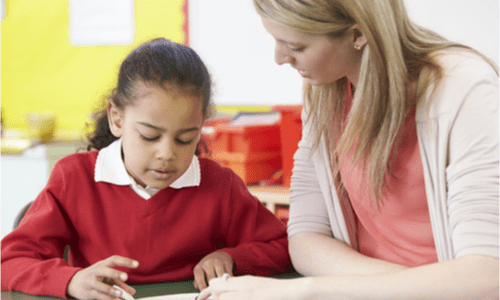Did you know that today is ‘National Read A Book Day’? In addition, it is also ‘International Literacy Day’ on the 8th September. So, as we celebrate two literacy linked days this week, we will look at why is literacy is so important.
Why is literacy important?
Michael Rosen, children’s author offers the following advice. “From the day our children are born, to the day they tell us to stop, we should read to them.” We feel this sums up the passion for reading that can be shared with children at an early age. Above all you probably agree that developing good reading skills at a young age can build a love of learning. In addition, did you know it can increase general knowledge, concentration spans, stimulate creativity? Notwithstanding that it can also be fun! Are you aware that research increasingly suggests the importance of language and literacy in preparing children to succeed in school? Consequently, we now know that literacy has strong links with academic achievement, higher exam grades and enhanced productivity in adult life.
Recent research
Did you know research carried out by the Education Policy Institute (EPI) in 2019, looked at the attainment gap? Importantly, it suggested that the gap in educational attainment between disadvantaged pupils and their peers had begun to increase again. You may be unaware that from 2007 to 2019, data indicated that the gap had continued to close. However, from 2019, disadvantaged pupils trailed by over 18 months of learning at the time of their GCSEs. Remember, these figures were taken from research prior to the pandemic. So you are probably guessed that this gap has now increased due to the pandemic. As a result of less support to disadvantaged pupils during the pandemic, more loss of learning has occurred. However, the EPI has launched new research. The project has been set up to examine how the pandemic has affected disadvantage gaps in education in England.
A brief reminder of the attainment gap
Here we have latest research figures per education sector. However, it does not include the effects of the pandemic.
- Secondary schools. Sadly, for pupils about to take GCSEs, disadvantaged pupils are 18.1 months of learning behind their peers.
- Primary schools. Equally of concern is that the gap between poorer pupils and their peers is 9.3 months.
- Early years. Furthermore the gap for the early years sector has stagnated at 4.6 months.
Tutoring roles and literacy programme
Do you feel inspired to make a difference? May be you want to be involved in a proven, evidence-based literacy programme? Or perhaps you are looking for a programme in your primary school? If so then please read on.
We have been working alongside the Fischer Family Trust to recruit tutors to facilitate a literacy programme. The literacy programme is delivered to small groups of children from Years 1 to 4, in Primary Schools across the UK. It has been approved by the National Tutoring Programme.
The Lightning Squad Literacy programme is a blended approach with in-person tutoring. It is supported by an online tutoring platform in the form of half-hour daily sessions. The programme, involves working with 4 pupils at a time. tIt aims to improve reading skills, fluency, comprehension, spelling and phonics. Since it is an established evidence-based programme, course content is provided. In addition, the set-up, assessment and tutor to facilitate it is also provided. The tutors are recruited, vetted and trained by experts in their field. They will have a pre-requisite of teaching/ teaching support experience. If you are interested in becoming a tutor in these very fulfilling roles, check out our tutoring page with more details here



